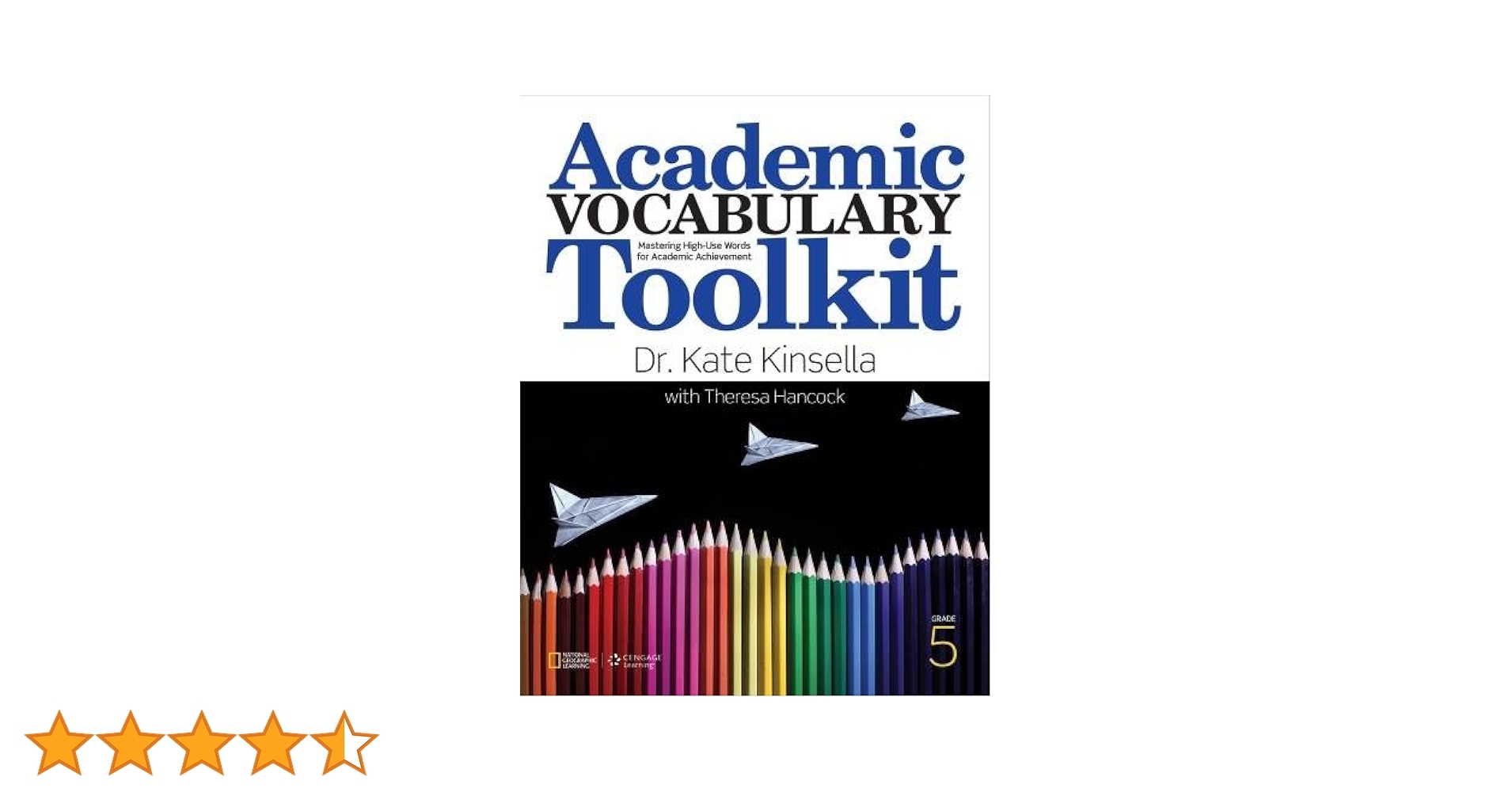Academic vocabulary plays a crucial role in a student’s educational journey. It is essential for students to have a strong grasp of academic vocabulary to excel in their studies and succeed in school. As students progress through different grade levels, the complexity and depth of academic vocabulary also increase. Understanding academic vocabulary is key to comprehension, communication, and academic success.
Academic vocabulary varies by grade level, with students being introduced to new words and concepts as they advance through school. In elementary school, students are introduced to basic academic vocabulary related to subjects such as math, science, language arts, and social studies. This includes words like “addition,” “subtraction,” “noun,” “verb,” “planet,” “community,” and “government.”
As students move on to middle school, the academic vocabulary becomes more specialized and sophisticated. They are expected to be familiar with words like “hypothesis,” “cellular respiration,” “metaphor,” “simile,” “democracy,” and “industrial revolution.” These words are essential for students to comprehend complex texts, engage in meaningful discussions, and write persuasive essays.
In high school, academic vocabulary becomes even more advanced and specific to different subject areas. Students are introduced to words like “trigonometry,” “mitosis,” “dystopia,” “satire,” “monarchy,” and “globalization.” Having a strong command of academic vocabulary in high school is crucial for success on standardized tests, college applications, and future academic pursuits.
College and beyond require a deep understanding of academic vocabulary, as students delve into more specialized fields of study. Whether studying the humanities, social sciences, natural sciences, or professional fields, a robust academic vocabulary is essential for success in higher education and the workforce.
Overall, academic vocabulary plays a vital role in a student’s academic journey, from elementary school to college and beyond. It is important for educators to teach and reinforce academic vocabulary at every grade level to ensure that students are equipped with the tools they need to succeed in their academic pursuits.
In conclusion, developing a strong command of academic vocabulary is essential for students to excel in school, comprehend complex texts, engage in meaningful discussions, and succeed in their academic endeavors. By mastering academic vocabulary at each grade level, students can build a solid foundation for future academic success and lifelong learning.
